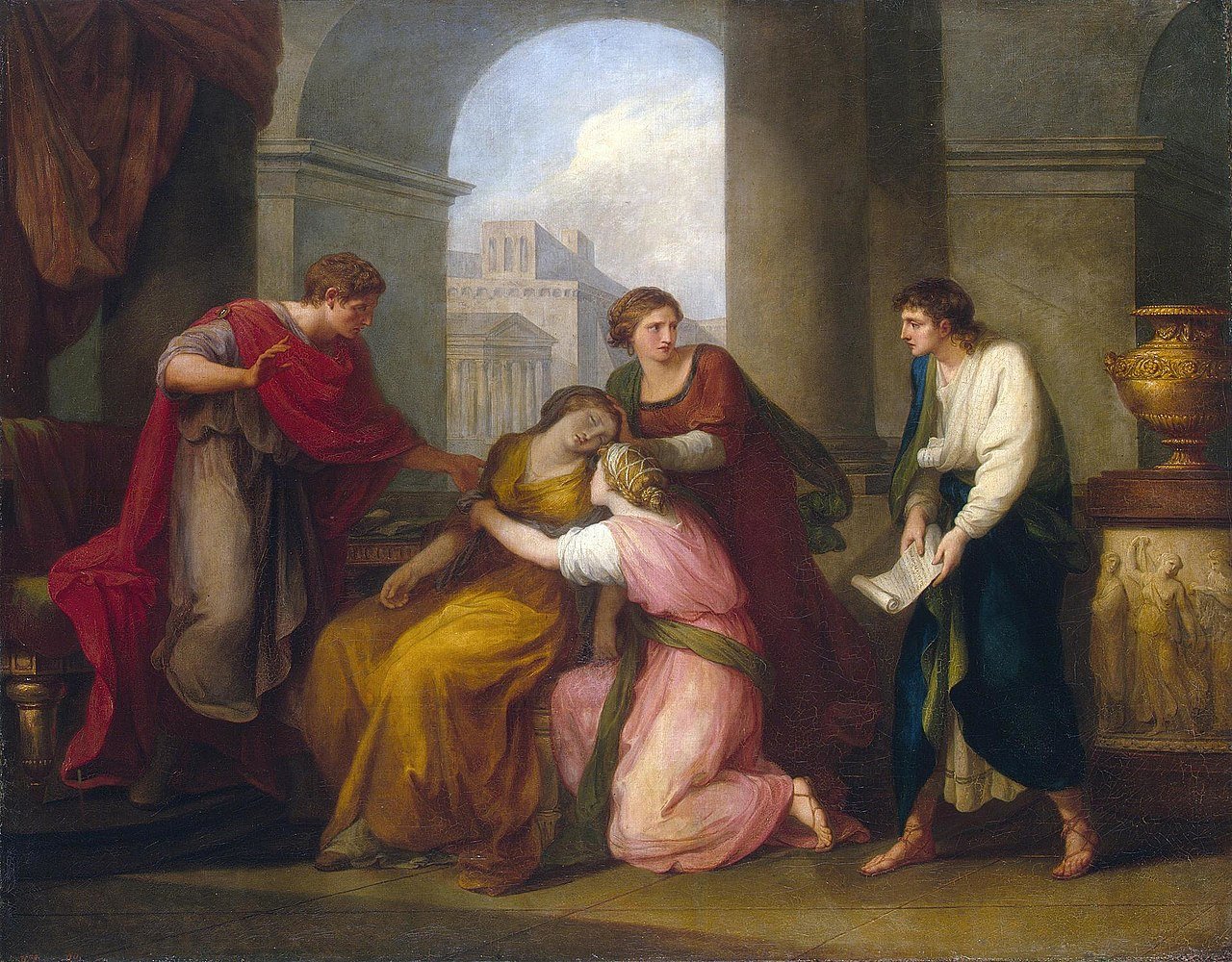The theory of moral obligation, as found in Plato’s Republic and Ayn Rand’s The Ethics of Emergencies, hinges on the idea of the self and its ethical and moral concerns within society. However, the approaches and conclusions are far from similar.
When we turn to Ayn Rand, we find a great deal of stress on the individual; in fact overly so. For her, a person’s life is the standard of moral value, and consequently, in a nutshell, happiness is each person’s moral obligation. Thus, Rand posits a cognitive/moral approach.
This means that in her philosophy, a strict moral accountability is consistently at the forefront. In effect, her philosophy is centered around man, rather than on a grander cosmology. This means that primacy is given to existence itself and the necessity for survival. However, this extreme objectivism that hinges entirely upon happiness as a moral force is ultimately self-negating.
The problem with Rand is that she consistently fails to ask what is good for society – it cannot be said that what is good for the individual is therefore good for society, since all people do not act rationally in order to eliminate inequality, for example.
In fact, each person’s happiness stems from different points of view and even different economies – and if one individual wins, another loses. This sort of disparity cannot lead to a just society (a concept that Rand is extremely hazy on), because for her people who cannot rationally determine what is good for them, can still be good people.
Secondly, Rand’s objectivism is false because she believes that a self-serving point of view will give us an undeniable and universal good. Thus, for example, slavery is perfectly rational, since it serves the needs of slave-owners, who need cheap labor in order to produce goods.
Rand would have us believe that all men act rationally (that is, in their own self-interest), and therefore every concept that is based on rationality will be universally accepted. There is extreme danger in promoting self-interest as a universal concept.
Rationality must depend on society, and the norms that it accepts. However, rationality cannot be transformed into a universal standard. It is perfectly rational to a murderer that he kills people; he may even enjoy it. But is it good? Morality cannot be relativistic.
Consequently, rationalism is based on the perception of reality; it is not the logical understanding of what reality actually is. Thus, Rand’s notion of morality does not rise above self-centeredness and therefore cannot be correct.
Plato, on the other, hand provides a far more cogent and useful definition of moral obligation. For Plato, such an obligation the description, study, and observation of morality in human action and human society.
Plato also gives centrality to the idea of happiness, as does Rand; and he calls it the highest good, which he identifies with God. Thus, moral obligation for Plato is for the individual to free himself, through his actions, and use virtue and wisdom to become like God.
However, Plato does not carried away with this mystical line of thought; he does recognize and encourage the use of logic, for in his philosophy there is no place for those opinions and pleasures that cannot be freed from passion. With a view to Rand, we find that her entire philosophy is based on pleasures that cannot be freed from passion.
It is the stress on virtue that greatly elevates Plato’s philosophy, which he considers to be essential to human happiness, since it is from virtue that important social concepts arise, namely, wisdom, courage, temperance, and justice.
Further, Plato does not reduce the idea of virtue to its practical applications (something Rand is consistently guilty of). He abandons the utilitarian view and instead attaches to virtue an independent value, which lends virtue a greater worth.
Therefore, a person should strive to be virtuous, within the context of a society that likewise has virtue for its objective – because it is through this striving (both on the individual and societal levels) that morality can be established and maintained. Next, Plato defines the state as the larger man; he models it on the individual soul. This is the complete opposite of Rand’s notion of society being the place rational self-will is practiced.
Thus, Plato’s society is infinitely more moral and just than Rand’s, because there is no room for “selfishness” in it. In fact, Plato subordinates private interests to the good of the whole. In this way, he allows room for concepts such as justice and freedom, which are not merely adjuncts of someone else’s self-interest.
Therefore, we see that Rand’s philosophy is constructed entirely around the idea of rationality, and for her morality is only a choice (implying that there are other choices).
This equivalence of rationality with morality is false, since rationality is universal. Plato, far more cogently tells us that morality hinges upon justice, wisdom, courage, and moderation, which can only function within society. In short, Plato is correct because he goes beyond self-interest in order to define morality, which he tells us the good of the whole rather than the individual.
